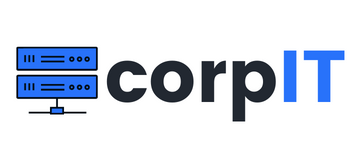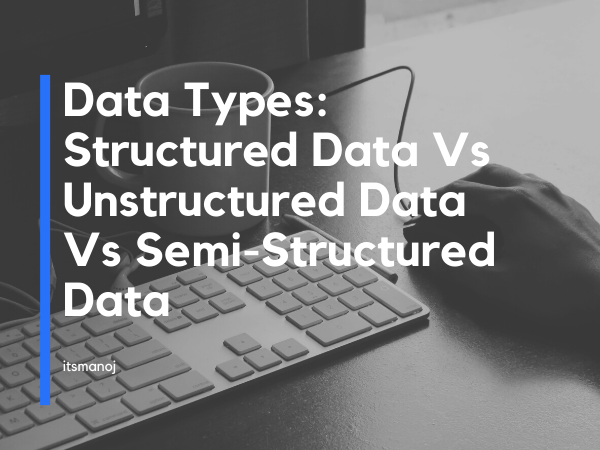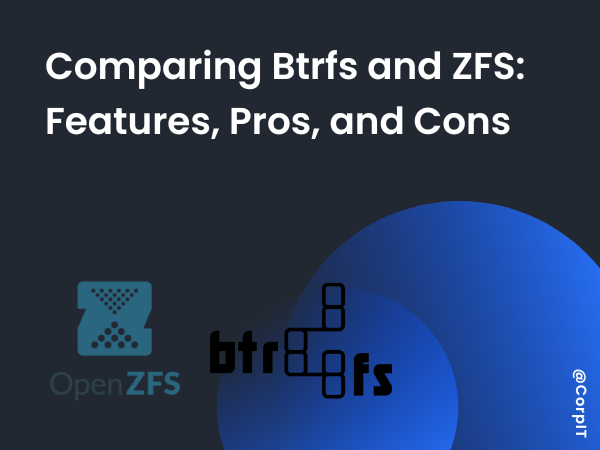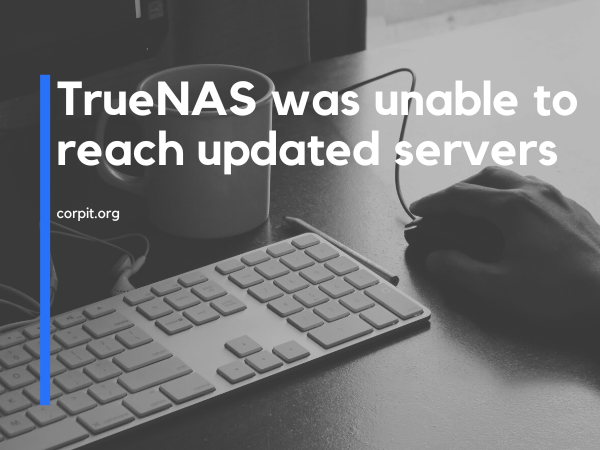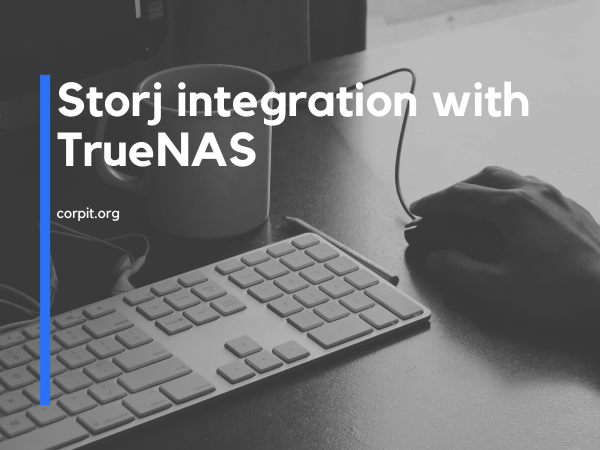In this article will talk about the different type of data type that we handle in your day to day life. But in order to experiment with the data we need to understand what is data and there type. In this article will discuss in detail about the data type.
Table of Contents
What is Data?
Anything that’s represent a fact, entries or some files are known as data. Like this article is also a data and in your phone the contact that you have is also a data. But We need to identify this data and how we can classified it.
Example of data -> This article, Movie file, Jason file, etc.
What is Structured Data?
Any data that we can store in the database and we can retrieve that using SQL queries is known as Structured Data. This data is stored in database in very systematic manner.
Example of Structured Data -> Relational database.
What is Semi-Structured Data?
Its is kind of data, that you can store in a relational database. but every data cannot be stored in that manner. All Structured Data is a Semi-Structured Data but all Semi-Structured Data is not a Structured Data.
Example of Semi-Structured Data->XML File
What is Unstructured Data?
Data that you cannot store in database is known as at is unstructured Data.
Example of Unstructured Data -> word, PDF, Etc.
Differences between Structured, Semi-structured and Unstructured data
| Properties | Structured data | Semi-structured data | Unstructured data |
| Technology | It is based on Relational database table | It is based on XML/RDF(Resource Description Framework). | It is based on character and binary data |
| Transaction management | Matured transaction and various concurrency techniques | Transaction is adapted from DBMS not matured | No transaction management and no concurrency |
| Version management | Versioning over tuples,row,tables | Versioning over tuples or graph is possible | Versioned as a whole |
| Flexibility | It is schema dependent and less flexible | It is more flexible than structured data but less flexible than unstructured data | It is more flexible and there is absence of schema |
| Scalability | It is very difficult to scale DB schema | It’s scaling is simpler than structured data | It is more scalable. |
| Robustness | Very robust | New technology, not very spread | — |
| Query performance | Structured query allow complex joining | Queries over anonymous nodes are possible | Only textual queries are possible |
